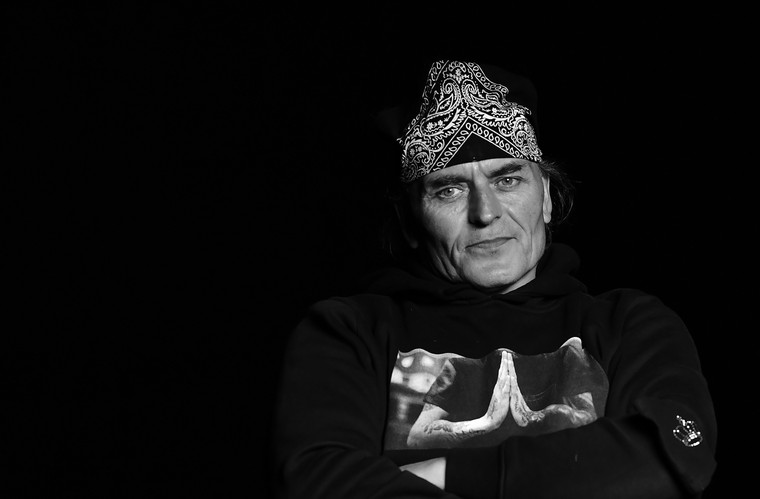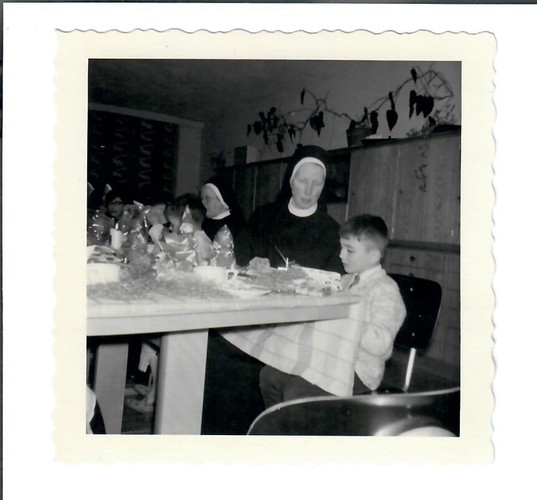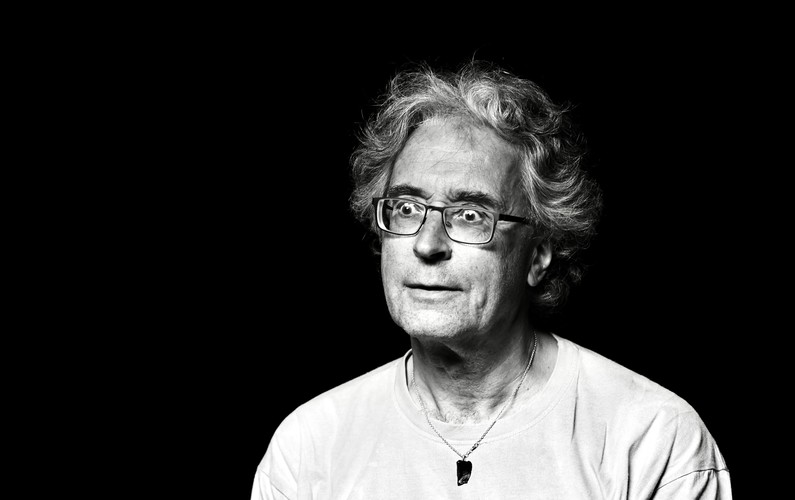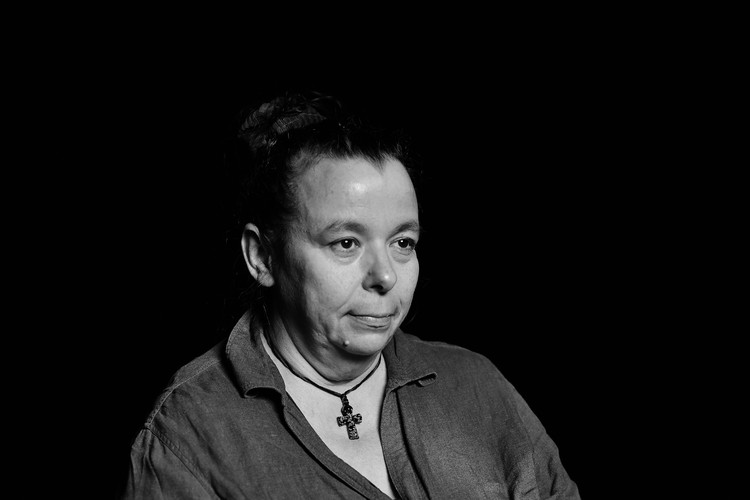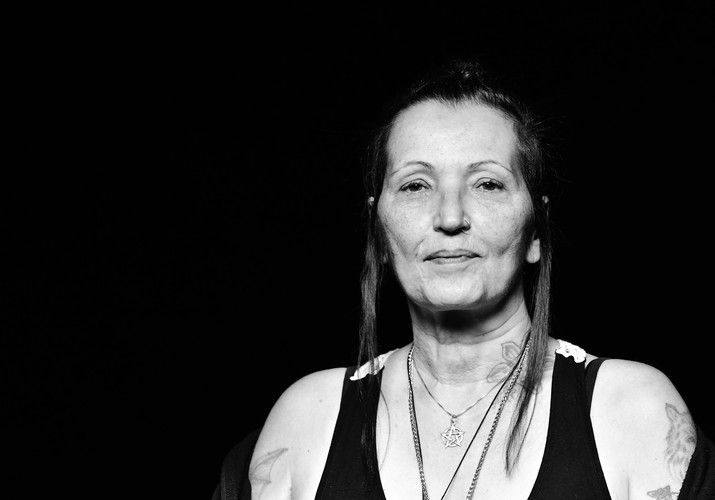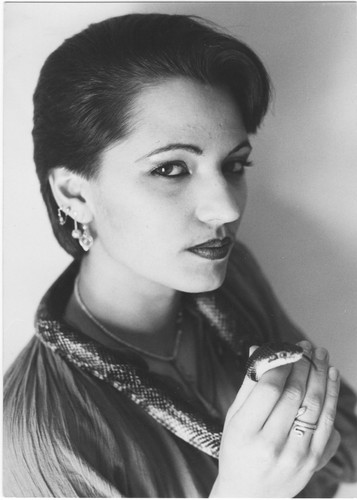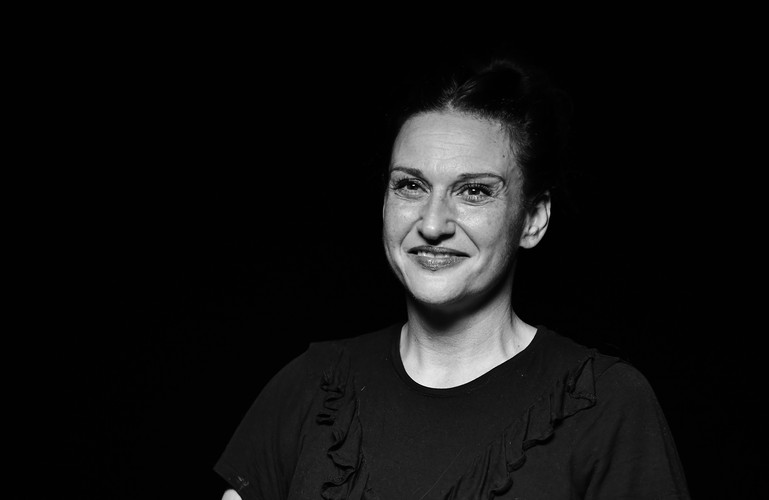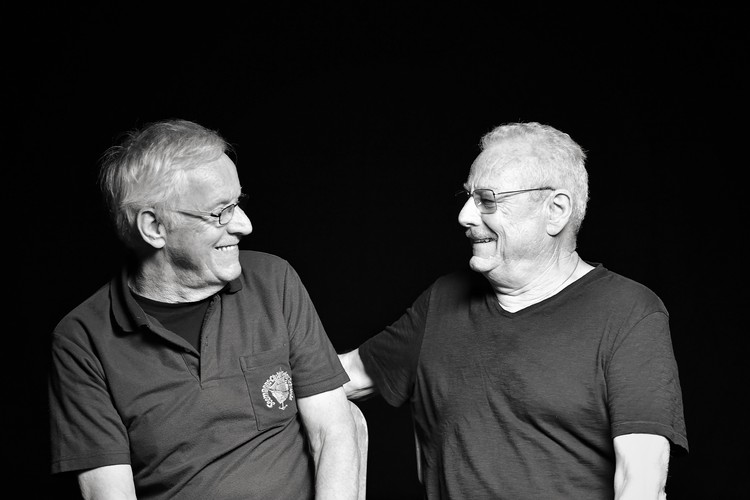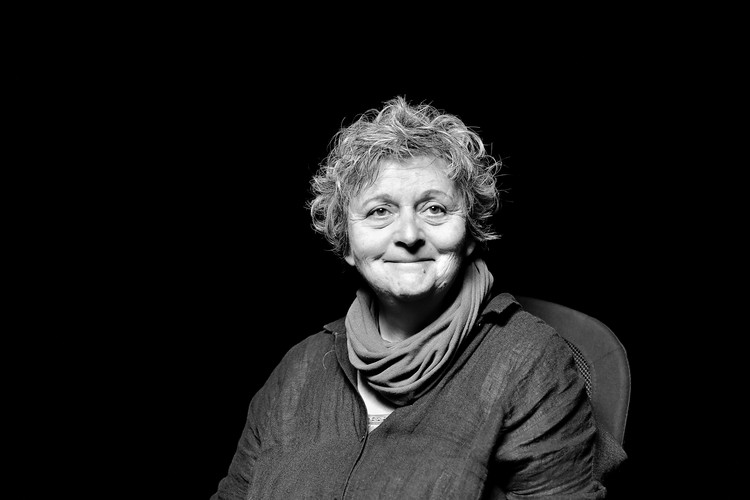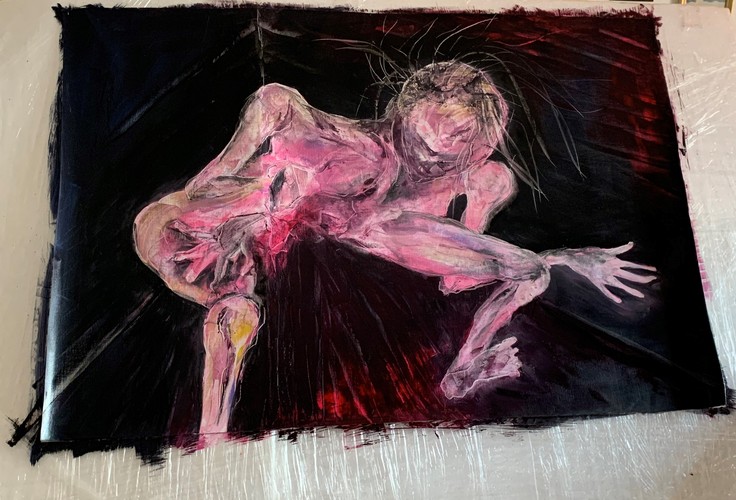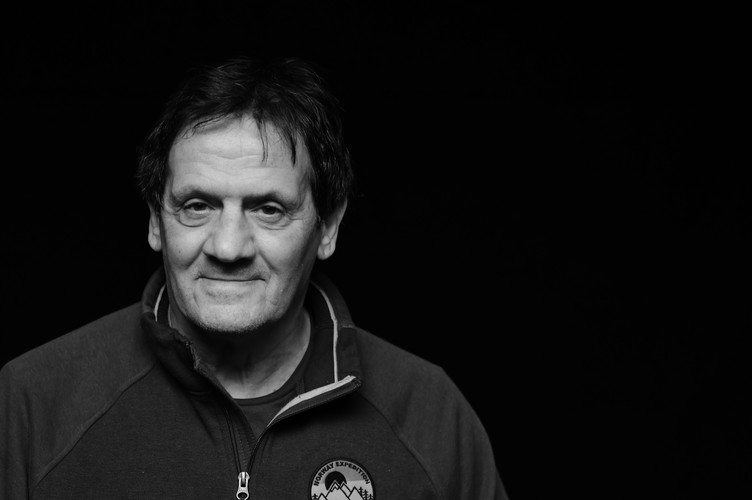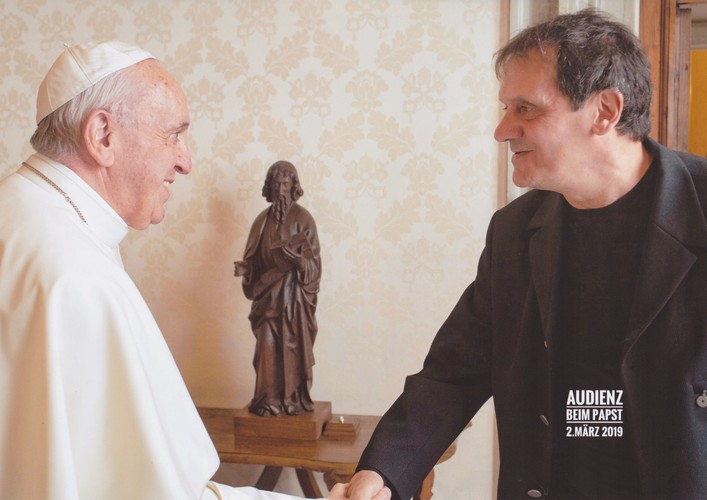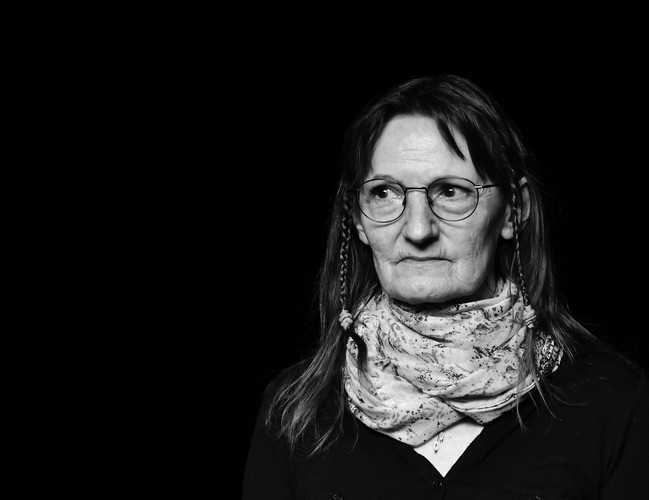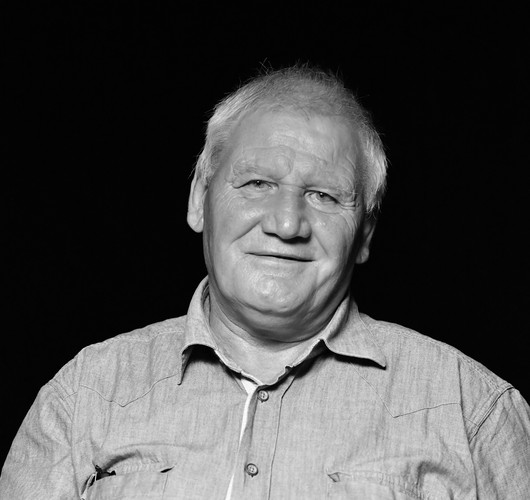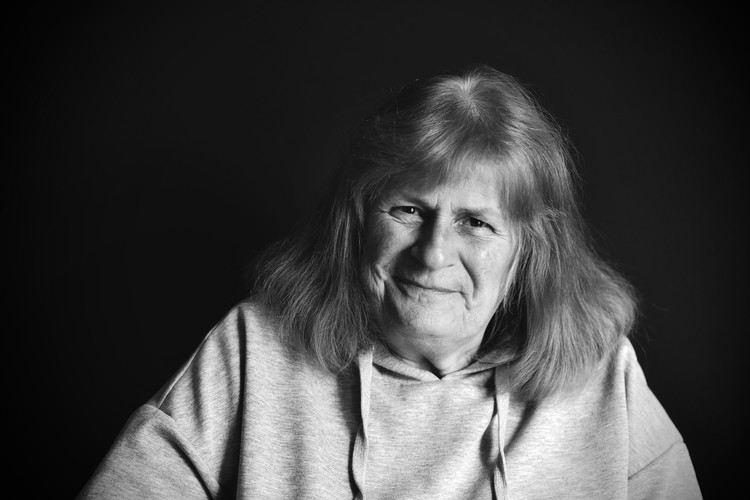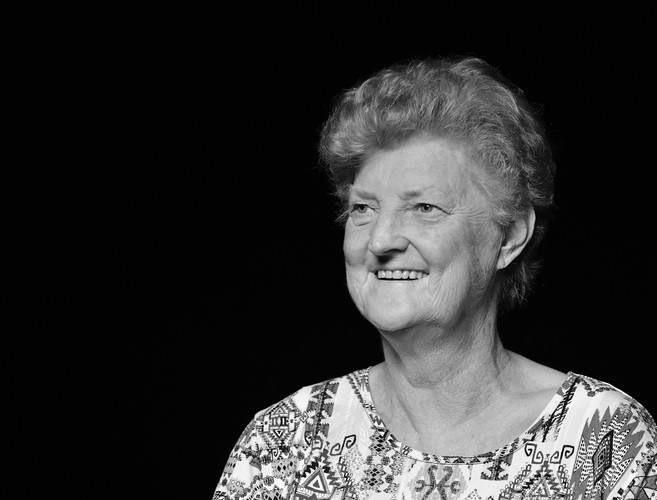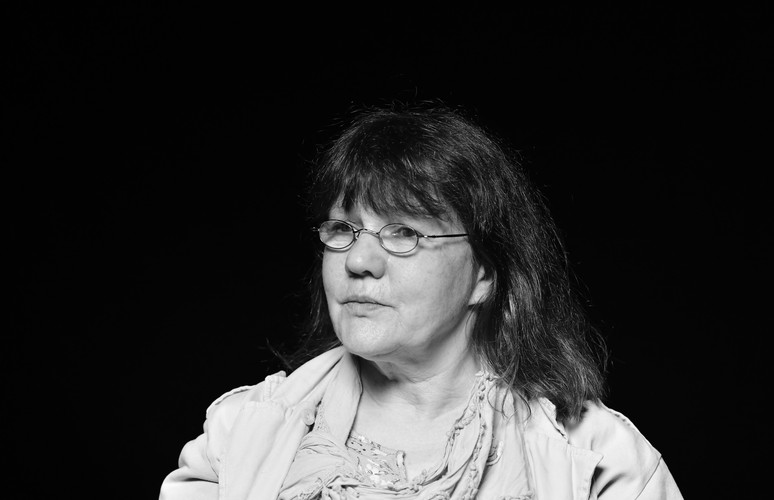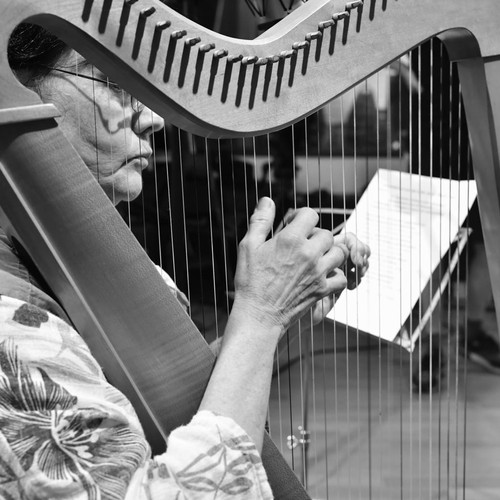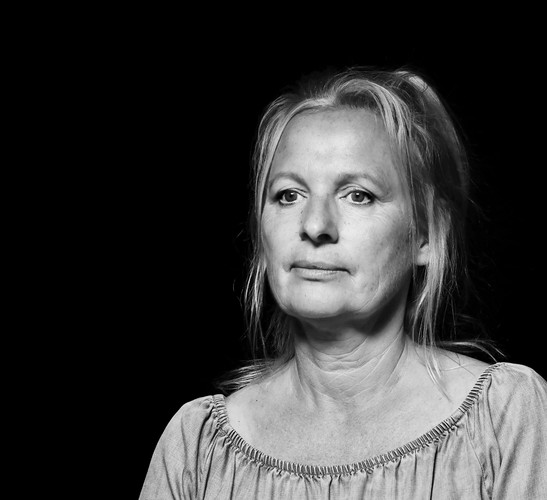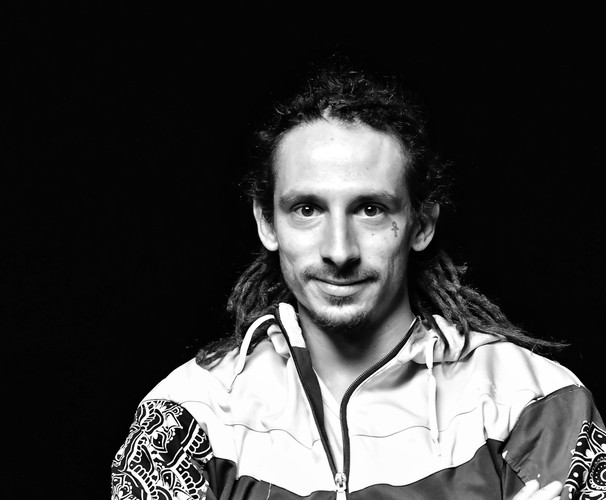Relationships
Man is a social being. The experiences of relationships with other people influence our wellbeing and world view.
Trust in Other People Is the Foundation for Every Relationship
Relationships with others are an important part of our lives and experiences. They are based on trust. Traumatic experiences influence the ability to form safe and trustful relationships in the future.
To ensure survival and healthy development, man is dependent on the protection and closeness of at least one trustworthy caregiver in the first years of their lives. This role is usually taken over by the parents or a surrogate parent. They help the child to feel a sense of belonging in a social system, to find its way within it and to build lasting emotional bonds. If this trust and relationship building is not possible in the early years, this lack usually has a crucial impact on the future ability to bond. ...
Names Give a Sense of Belonging – or Exclude
Our name, our date of birth and further personal information determine our official identity. The name was given to us by other people and appears on documents or applications. Not always does it reflect one’s own identity, especially when painful experiences are associated with it.
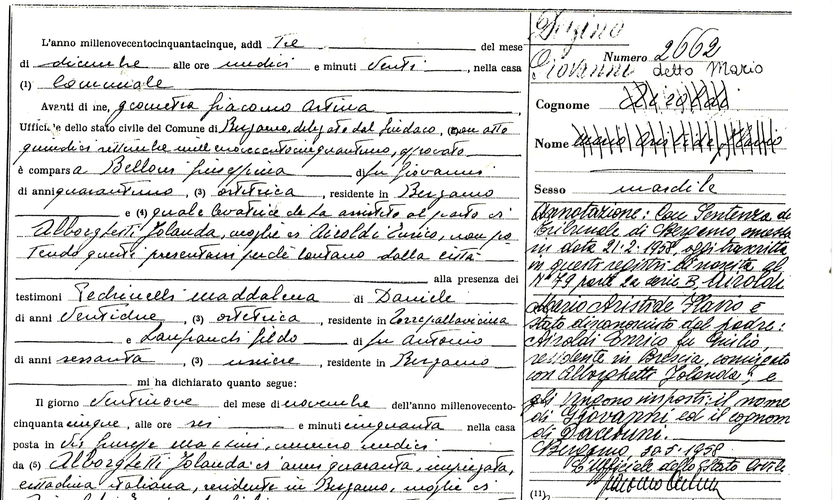
The excerpt from the birth certificate of Mario Delfino shows the different names he was given as a child.
Many people were not called by their own name in homes and institutions. They were given a number or addressed with swear words or were shouted at. Some of those affected by placements bore several names in their lives. A change of name by the authorities or foster parents occurred again and again. Some of the victims later consciously chose an own name which reflected their personal identity. Some only found out late, for instance in case of an adoption, that they once had been called differently. This was the case for Mario Delfino. When he married, he saw his birth certificate for the first time and – at the age of 35 – learned from it also the name of his birth parents.
Separated from the Family and Reunited: a Difficult Path
With a placement or administrative detention, contact to the birth family got more difficult or broke off completely. Resuming family relationships after many years of separation was sometimes difficult.
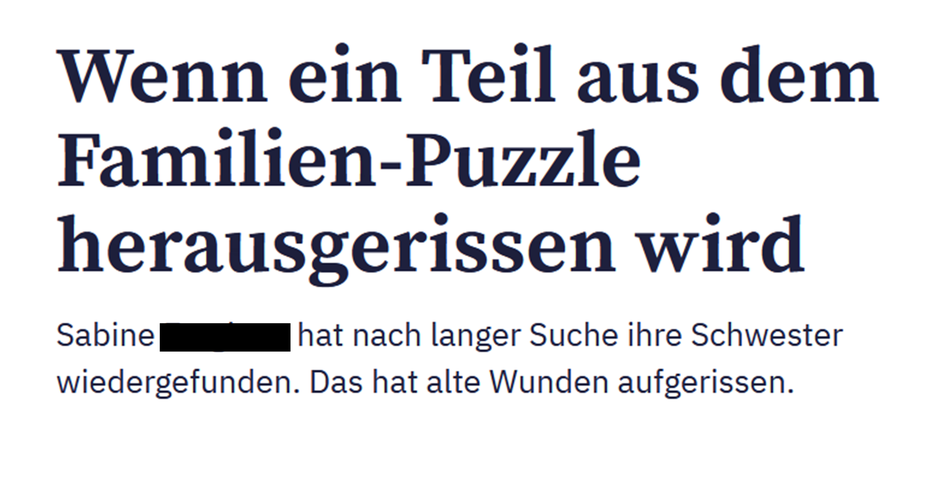
Nadine Felix was adopted as an infant. In 2011, her half-sister searched for her through the media. Tages-Anzeiger (2011)
Contact with the birth family was deliberately prevented for a long time or at least made more difficult by the placing authorities or organisations. Siblings in the same home often did not know that a brother or a sister was placed there too. For a long time, no contact with the birth family was envisaged in case of an adoption. Therefore, the search for the own origins has occupied and continues to occupy many of those affected. Nadine Felix, for instance, only learned at the age of 14 that she had been adopted as an infant. In 2011, she was contacted by a local Zurich television station: her half-sister was looking for her. Hence, Nadine Felix met her birth family only at the age of 35.
We Talk in this Film
Trust in Other People Is the Foundation for Every Relationship
Relationships with others are an important part of our lives and experiences. They are based on trust. Traumatic experiences influence the ability to form safe and trustful relationships in the future.
To ensure survival and healthy development, man is dependent on the protection and closeness of at least one trustworthy caregiver in the first years of their lives. This role is usually taken over by the parents or a surrogate parent. They help the child to feel a sense of belonging in a social system, to find its way within it and to build lasting emotional bonds. If this trust and relationship building is not possible in the early years, this lack usually has a crucial impact on the future ability to bond. ...
Bonds in Early Childhood Are Formative
To develop a good self-esteem, a person needs appreciation. This leads to confidence in oneself and trust in other people, the basis to build secure relationships.
Attachment theory is among the most important theories of modern development psychology worldwide. It assumes that besides each person’s individual potential to establish relationships, their experiences with well-meaning caregivers in childhood are of importance for the attachment behaviour and for the later development of friendship, partnership and parenthood.
People who have been neglected as children, who experienced violence or abuse by persons who oversaw their well-being, often have greater difficulties to build trustful and sustaining relationships.
Impacts on Later Life
Shockingly many persons who were affected by compulsory social measures or placements in care have experienced neglect, devaluation, violence and abuse already at a young age. This is not only hard to bear in childhood, but it also has an impact on future social, emotional and cognitive developments and leads to measurable permanent stress. In addition, many of those affected were separated from their birth family for several years.
A return to or resumption of family relationships was sometimes difficult, also because the experiences of the past were repeatedly tabooed. Sometimes it takes decades before the contact to parents and siblings can be re-established. At the same time the search for one’s own origins is important for identity formation. The silence often continued in couple relationships – out of shame, fear of new stigmatisation, but also out concern of overburdening the other with one’s story.
For women, marriage often was a means to escape state paternalism in the past. At the same time this increased the danger of new dependency and exposure to verbal, physical and sexual violence. There are affected persons who consciously decided against having their own family for fear their children might get into a similar situation as they themselves had experienced. A fear that is not entirely unjustified: children of persons who were affected by compulsory welfare measures are themselves often affected by placements.
The various late effects of compulsory welfare measures manifest at different levels in the relationships of those affected. Health effects (psychological and physiological) have a strong impact on everyday life – at work, in family life. The resulting gaps in pension provision and the financial straits due to occupational restrictions entail limited possibilities, for example regarding the housing situation or leisure activities. These limitations affect the directly affected persons as well as their family and social environment.
In opposition to this are the stabilising relationships and family systems. Positive relationship experiences with new attachment figures are important for those affected to maintain or rebuild their trust in relationships. After their discharge from administrative detention, a home or guardianship, those affected met people who supported them again and again. Employers or friends, for example, could make an important contribution in form of recognition or trust.
Life companions play a special role. For relatives, on the other hand, knowledge of the often traumatising experiences of those affected and the effects thereof can help them to better understand their actions and reactions.
